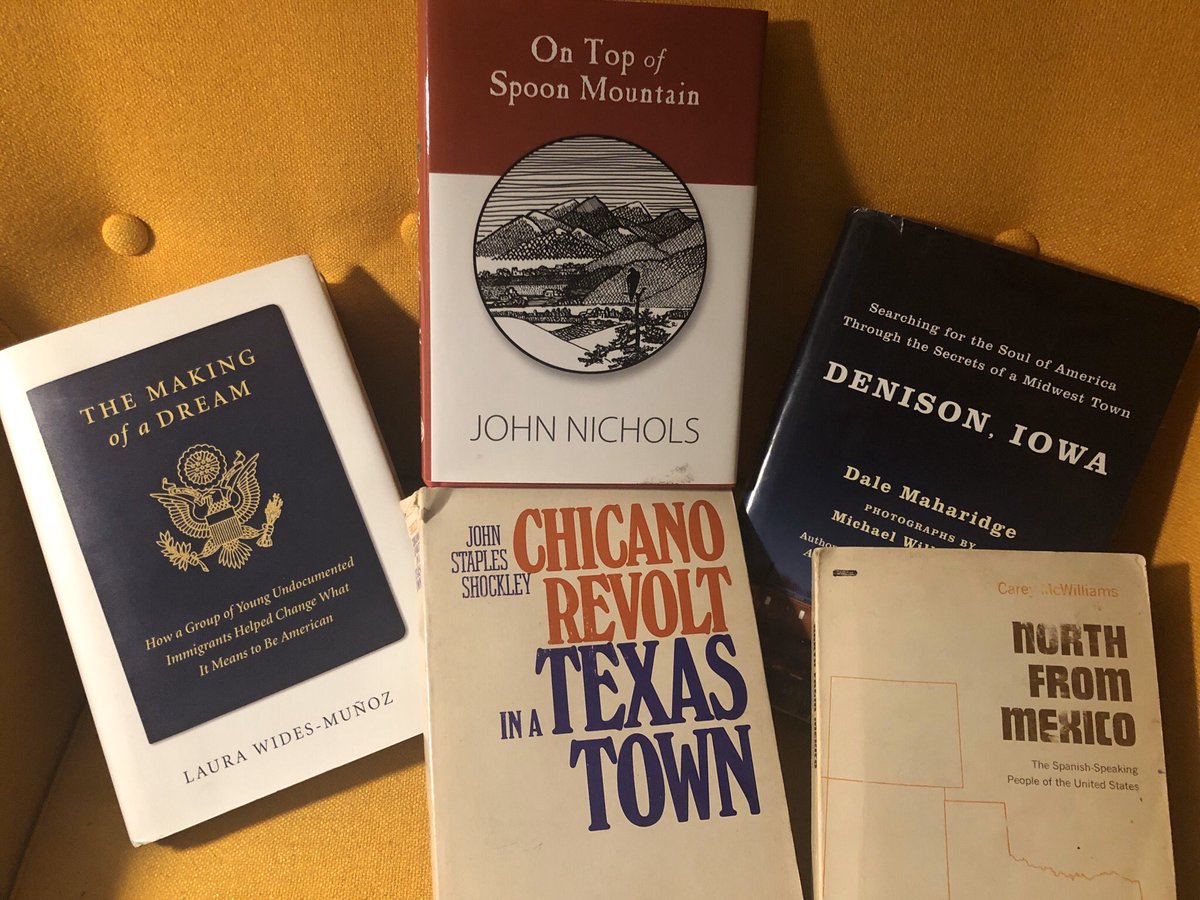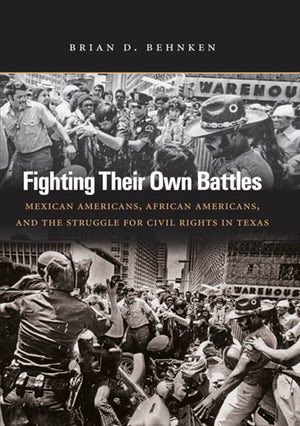The Underground Railroad to Mexico. Across Texas and parts of Louisiana, scholars are working to piece together a puzzle of a largely forgotten piece of American history: a network that helped thousands of Black slaves escape to south of the border. apnews.com/d26243702f11e2…
This was a deeply personal story to research and write. During my reporting, I found out that my great grandfather’s mother was born in Monclova, Mexico. That was a stop on the Underground Railroad to Mexico. Her name was Francisca Martinez 
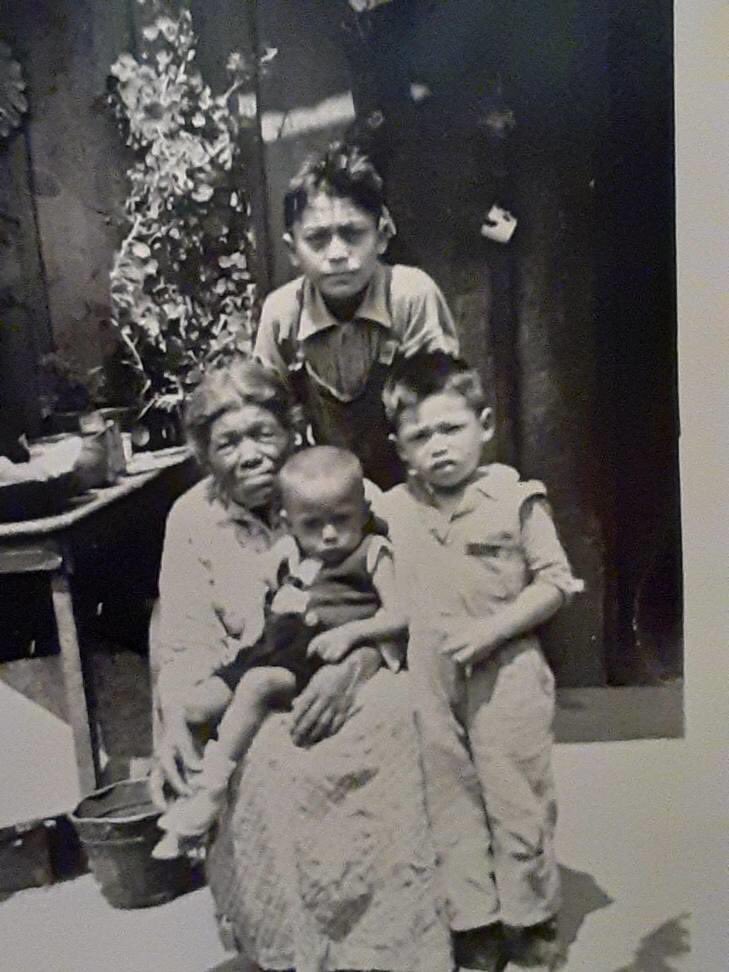
My great grandfather Florencio Contreras come to the US from Mexico in the early 1900s. Here's US Census form from 1910 where he is listed as a boarder. The Census taker classified him as a "mulatto" under race 
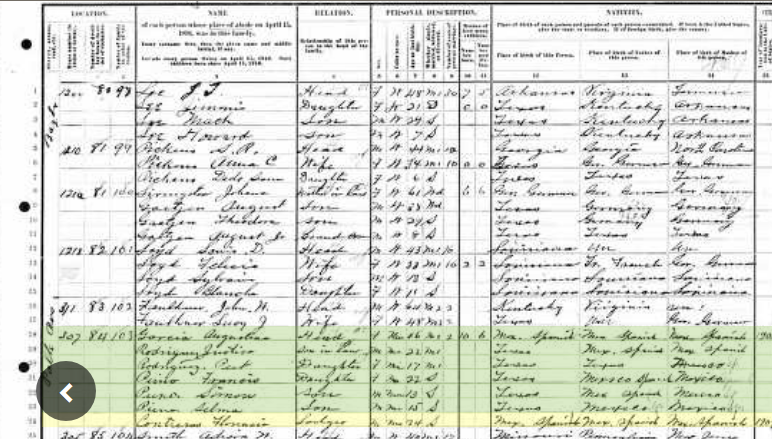
When my great grandfather Florencio Contreras finally came to Houston, he settled first in Acres Homes, then the largest unincorporated Black community in the U.S. South, instead of moving to a largely Mexican American neighborhood. He then started a blacksmith business 
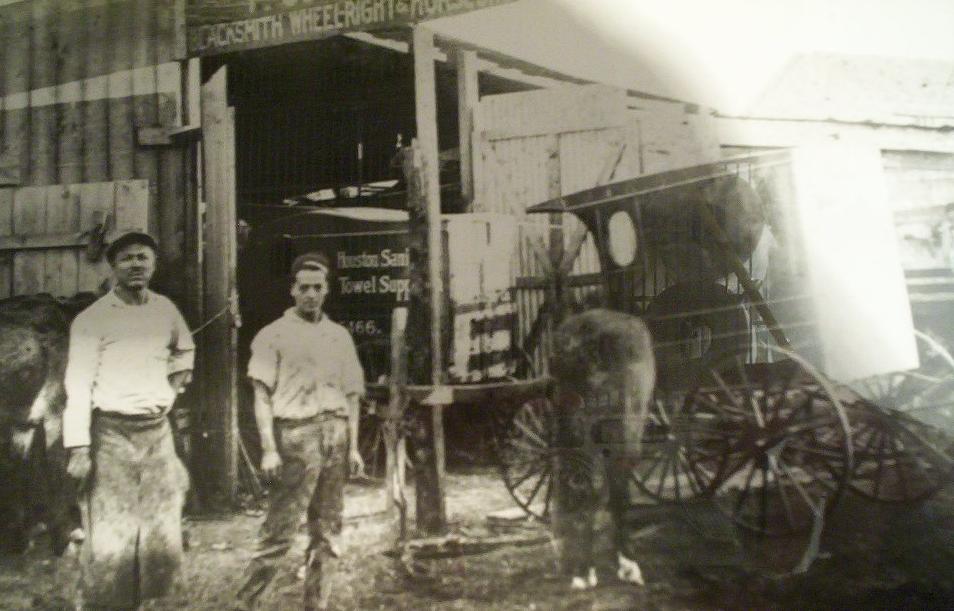
Florencio endured racist epithets his whole life as people made fun of his "dark" skin and asked him repeatedly if he was really Black. Census records would later list him as "white." He died in 1960. 
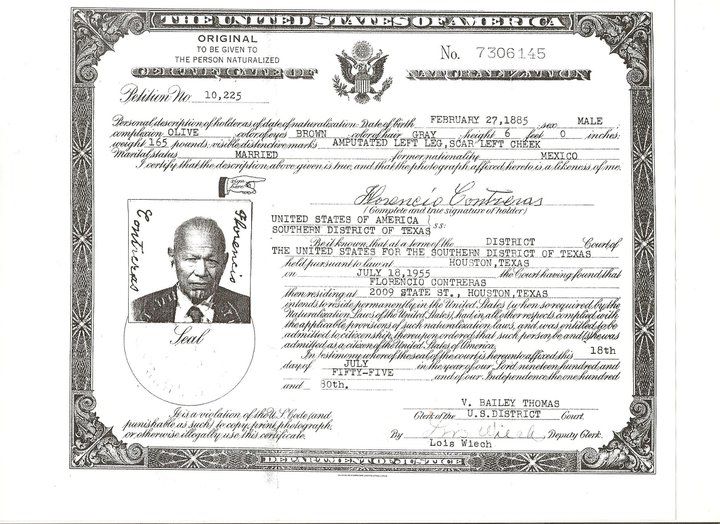
Both Mexican American families of my father and my mother continue to live in historically Black areas of Houston. We continue to see them as family because...they are. Here I am with my Gonzales cousins. #blaxicans 

The Depression-era WPA gathered stories for its Slave Narrative Collection. Ex-slaves like Felix Haywood openly spoke of the Underground Railroad to Mexico. "All we had to do was walk, but walk south, and we’d be free as soon as we crossed the Rio Grande." iowaculture.gov/history/educat…
And get ready. More groundbreaking research coming on the Underground Railroad to Mexico from these scholars. Give them a follow! @LorienTinuviel @MekalaAudain @AliceBaumgartner @QVillarreal @ThomasMareite @BeauGaitors #UndergroundRailroad
Ad seeking the return of a fugitive slave named ‘Alfred’ in The Texian Advocate, Sept 1862. Slave owner says he believed Alfred was heading not north, but to Mexico, where 1Ks of slaves fled. They were helped by Mexican Americans. #UndergroundRailroadtoMexico 

The documentary 'Just a Ferry Ride to Freedom' showcases stories about the Texas-Mexico border and its connection to the Underground Railroad to Mexico in pre-Civil War America. African Americans and Mexican Americans are now searching for this history 
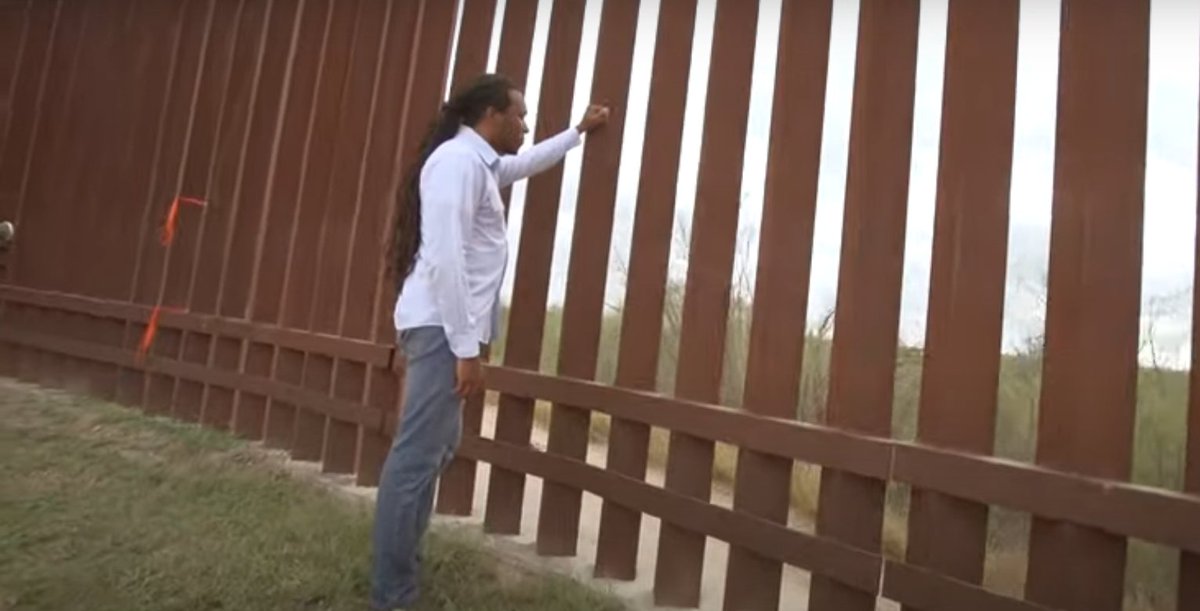
• • •
Missing some Tweet in this thread? You can try to
force a refresh



